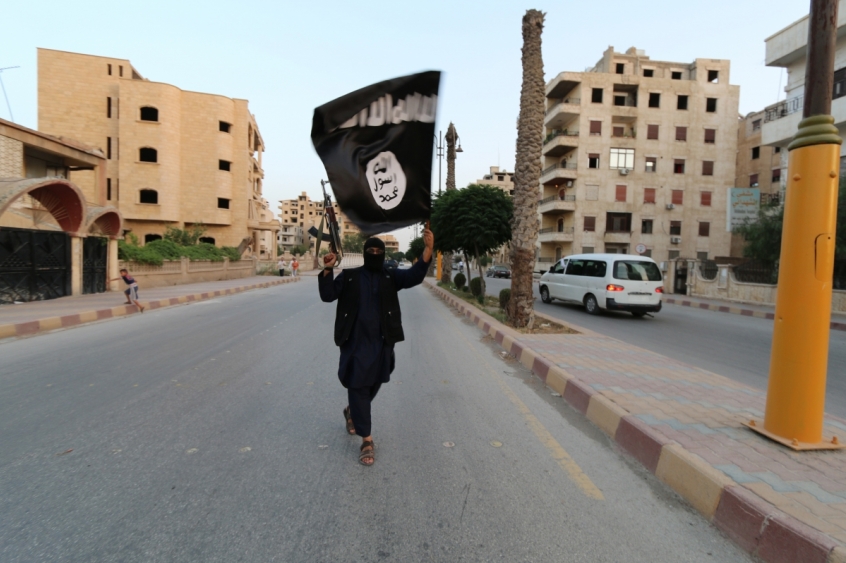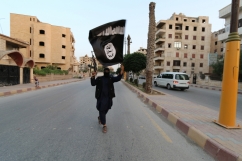
A declaration of genocide by MPs this week would protect lives and allow for a co-ordinated international response to the atrocities being committed by Islamic State in the Middle East.
This is according to Bishop Angaelos, the general bishop of the Coptic Orthodox Church in the UK who issued a statement ahead of a House of Commons debate on Wednesday afternoon. The intervention comes as the debate's motion received support from MPs of all major parties.
Among UK church leaders, Bishop Angaelos has been the most outspoken advocate for the declaration of genocide against Christians, Yazidis and other minorities. He was heavily involved in the successful campaign to persuade US secretary of state John Kerry to use the term in relation to atrocities committed against Yazidis and Christians.

In a statement issued on Tuesday he said he would "pray for wisdom for all those taking part in the debate".
He continued: "If the British Parliament recognises these violations as genocide, along with other parliamentary bodies around the world, this will allow an essential co-ordinated approach across the international community for the protection of the sanctity and dignity of God-given human life."
Ultimately, he added, the solution lay in a "realisation of the value of every life".
Angaelos' carefully worded statement is enough to set him apart from leaders in the Church of England and Catholic Church in England and Wales who have not yet used the world genocide.
Cardinal Vincent Nichols, the most senior Catholic in Britain, said he found the term difficult because "genocide seems to suggest a single target. Whereas what we are seeing in the Middle East has multiple religious targets and multiple ethnic targets."
Both the Archbishop of Canterbury and the Archbishop of York have avoided the term as well. Rt Rev Paul Butler, Bishop of Durham, told Christian Today it was "complicated" as many Muslims had been killed too.
MPs from all major parties have announced their support for the motion which will form the basis of a backbench business debate after Prime Minister's Questions on Wednesday afternoon. The Christian Tory MP Fiona Bruce will introduce the debate and she will be supported by, among others, Labour's faith envoy Stephen Timms MP and chair of Christians on the Left Jonathan Reynolds MP.
As a backbench debate, there may not be a vote at the end. If there is a vote it will not be binding on the government although a strong vote in favour of the motion would pile on pressure to act. More than 38 MPs have put their names down in support of the motion.














